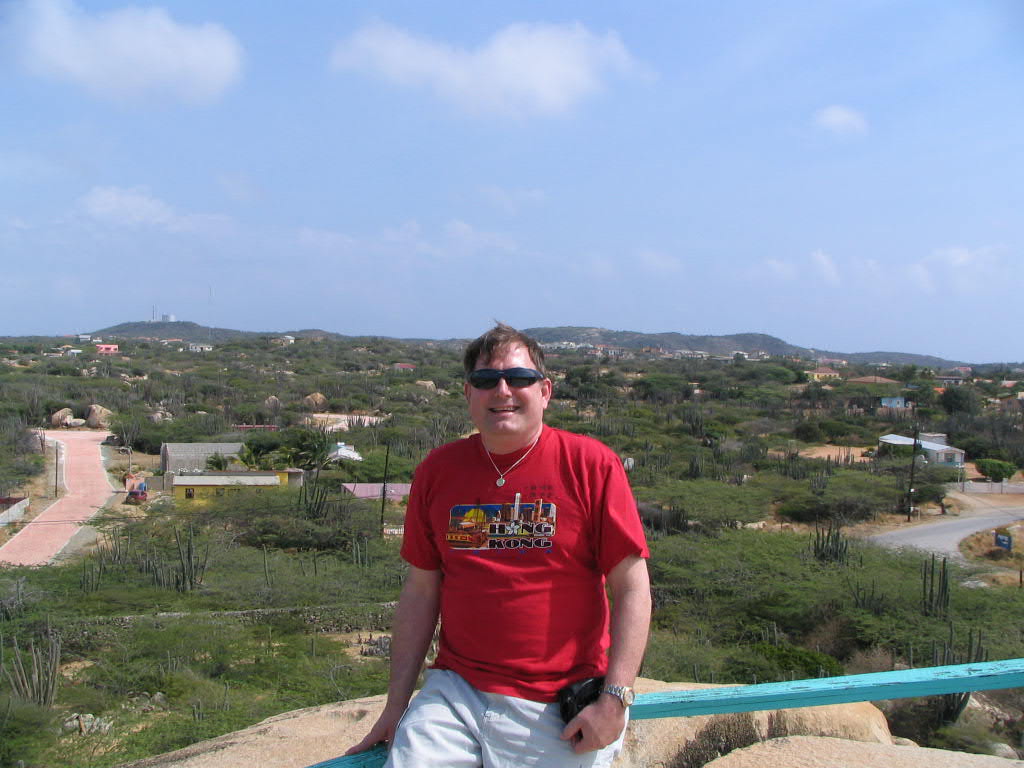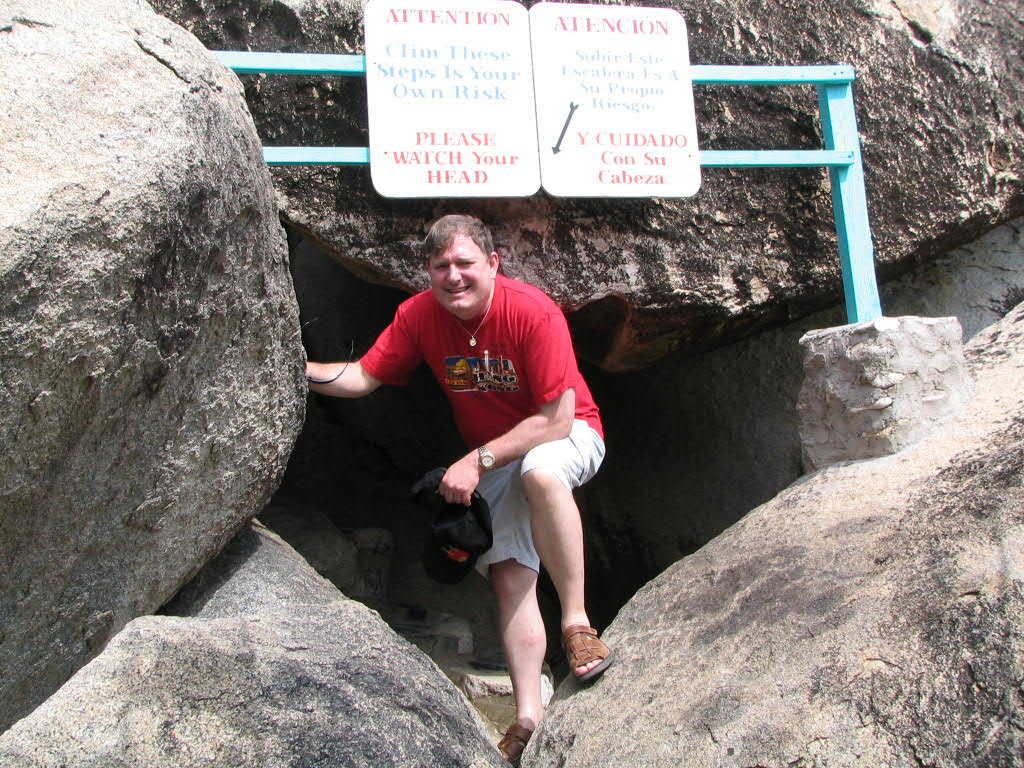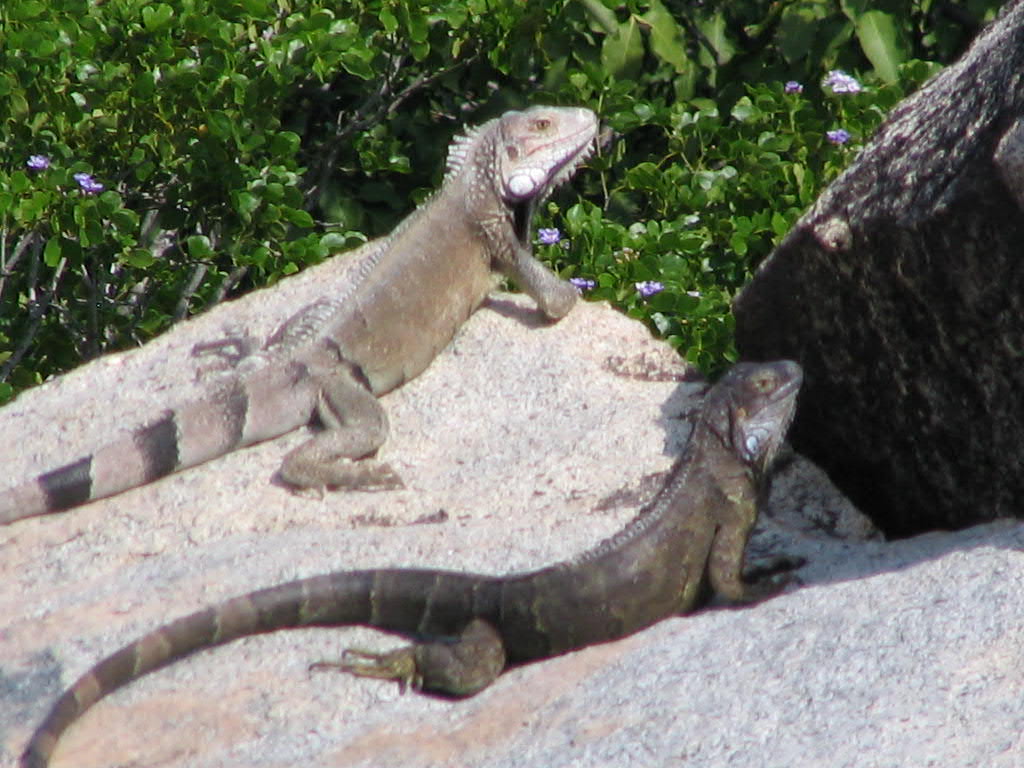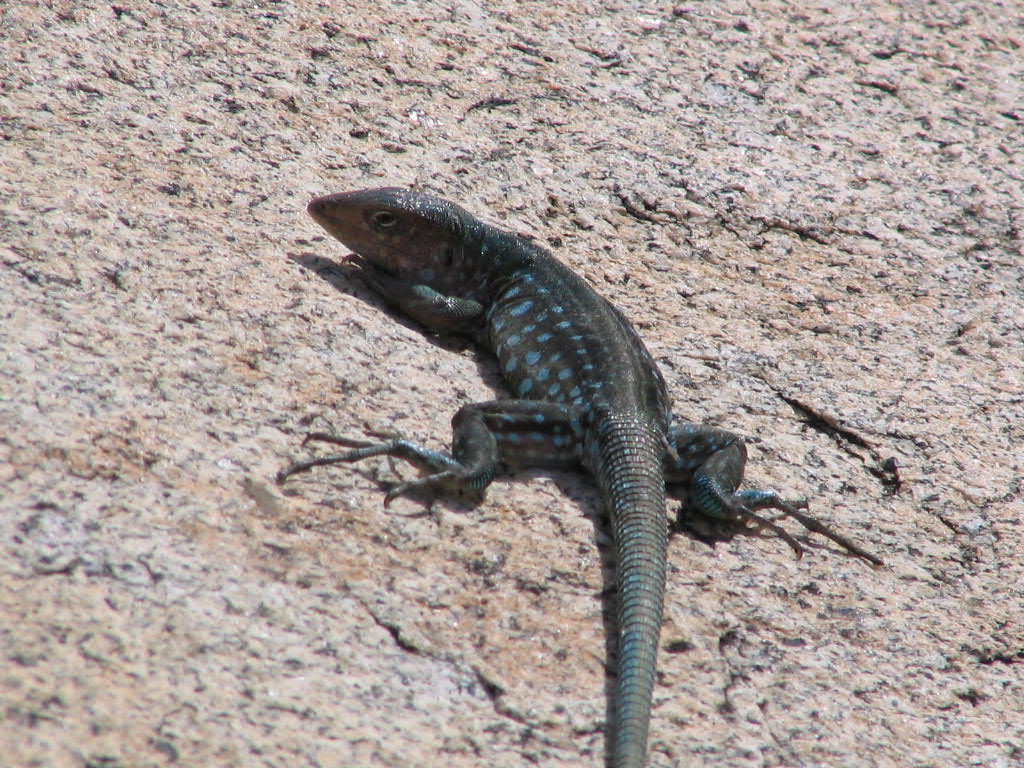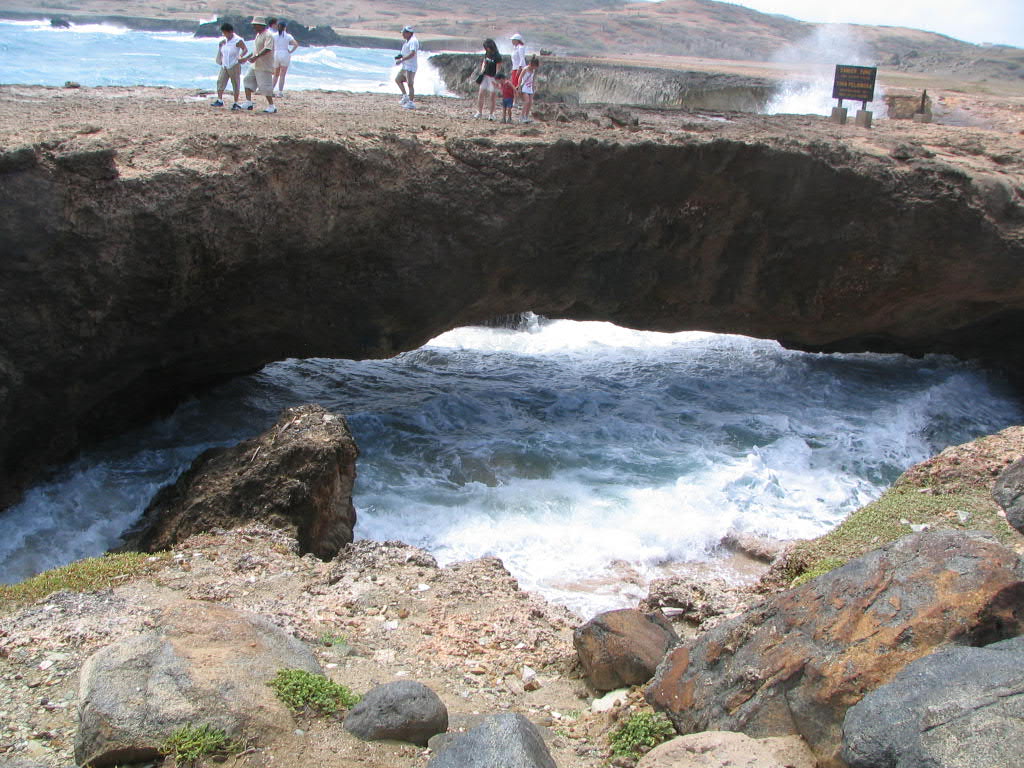This interesting island just off the coast of Venezuela, is unique as it relates to Caribbean Islands. It is very dry island and just south of the Hurricane zone. It also has a vibrant economy that relies on more than just tourism. Aruba still belongs to The Netherlands, so its citizens are members of the European Union. However, it has a significant degree of autonomy as it relates to European possessions. Aruba is a very distinctive place and one that I would happily visit again.
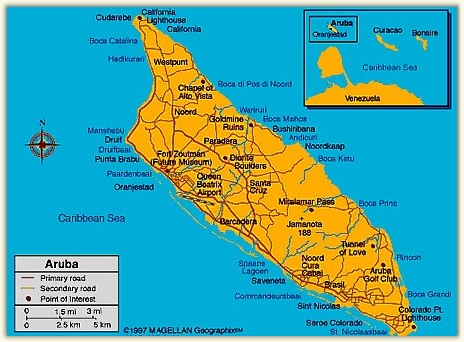 |
Aruba's interesting history
includes being caught in the middle of the wars of European colonizers
and a boom and bust economy driven by the discovery of gold. Arubans
are especially proud of their unique language, Papiamento, which is a
combination of Portuguese, Spanish, Dutch, English, African, and Native
American words. Aruba's European History started when Alonso de Ojeda claimed Aruba for Spain in 1499. In 1634, at the end of an 80 year long war with Spain, the Dutch took over the island. Aruba is currently part of the Dutch Commonwealth. Economically, in 1824 Aruba's economy exploded with growth when gold was discovered on the Island. By 1913 most of the gold had been mined and Aruba's economy soon soured. Today, Aruba is the leading producer of Aloe products. Aruba also is home to one of the largest oil refineries in the Caribbean and it also has a relatively large tourist trade that helps its economy prosper. |
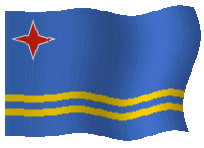 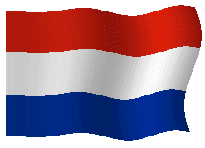  |
